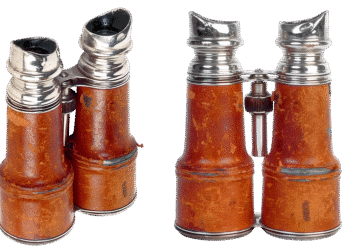Hey there, recent graduate! 🎓 Congratulations on entering this exciting new chapter of your life! If you’ve just received your first salary, you might be feeling a mix of exhilaration and a sprinkle of anxiety about managing your finances. You’re not alone! Many young adults like you are eager to get their financial lives on track but feel a little lost when it comes to credit history.
In this guide, we’re going to demystify credit history and break it down into simple, bite-sized pieces. You’ll learn what it is, why it matters, and how to build a strong one—all designed to ease any financial jitters you may have. Let’s dive in!
What is a Credit History?
Credit history is essentially a record of how you’ve managed borrowing and repayment throughout your financial life. Think of it as a report card for your financial habits. It tells banks and lenders how responsible you are with money.
Section 1: Why Credit History Matters
Having a solid credit history can open doors for your financial future. Here’s what you need to know:
-
Loan Approval: Whether you want to buy a car, rent an apartment, or take out a student loan, lenders want to see your credit history. It shows them if you are likely to pay back what you borrow.
-
Interest Rates: If you’ve got a great credit report, you’ll generally get lower interest rates. Imagine paying less on a loan simply because you’ve shown you’re responsible with money!
-
Ease of Transactions: A good credit history can simplify things, like getting a credit card or securing a mortgage. It’s your ticket to better terms and conditions.
Section 2: How is Your Credit History Created?
Your credit history is built over time based on your financial behaviors. Here’s how it typically comes together:
-
Credit Accounts: Every time you have a loan or credit card, it’s recorded.
-
Payment History: If you pay your bills on time, that’s a plus! Late payments can hurt your credit score, which is a number that summarizes your creditworthiness.
-
Credit Utilization: This measures how much of your available credit you are using. Ideally, keep this below 30%. Think of it as not spending all your allowance, so it doesn’t look like you need money desperately.
-
Length of Credit History: The longer your credit accounts have been open, the better for your score! It’s a bit like how long you’ve been in your job; experience counts!
Section 3: Tips for Building a Strong Credit History
Now that you know what a credit history is and how it’s created, let’s talk about how you can build and maintain a strong credit history:
-
Get a Credit Card: Start small! Look for a student card or a secured credit card. Pay your bill in full each month to avoid interest.
-
Make Payments On Time: Set up reminders or automate payments. This is one of the best things you can do for your credit score.
-
Monitor Your Credit Report: Check your credit report regularly for errors. You can usually get it free once a year. It’s like doing a health check-up for your finances!
-
Limit New Applications: Too many applications at once can hurt your score. Only apply when necessary.
-
Don’t Close Old Accounts: Even if you don’t use them, they can help your credit history by increasing your overall length of credit.
Conclusion & Call to Action
To recap, understanding what a credit history is will empower you to take control of your financial future. It matters because it affects how lenders view you, and it can save you money!
Feeling encouraged? You’re on the right track! Here’s a small, actionable step you can take right now:
Check your credit report for free at least once a year! This will give you awareness of where you stand and help you make informed decisions moving forward.
Remember, every small step you take toward managing your finances builds habits that will serve you for years to come. You’ve got this! 🌟











